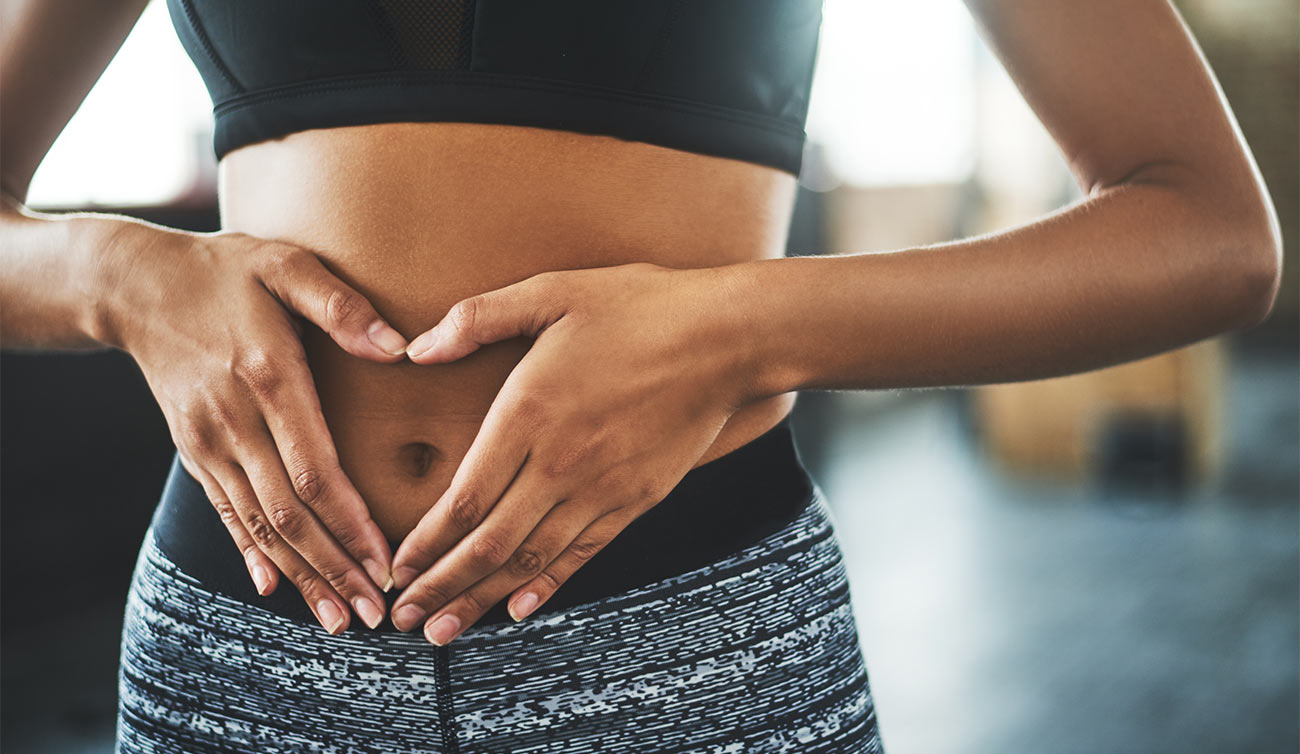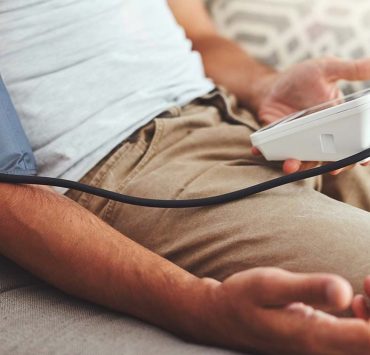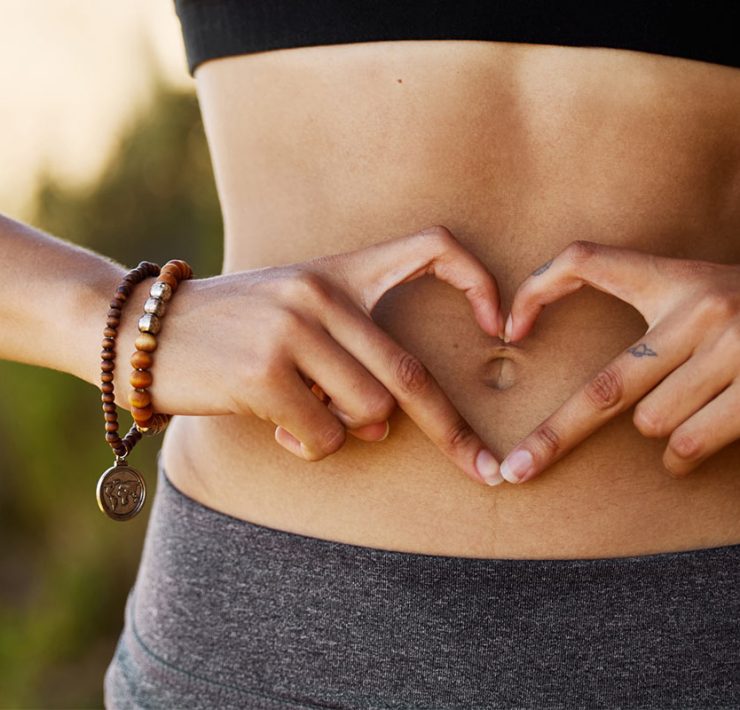Digestion seems, to the layperson who does not spend much time thinking about their innards, to be a fairly simply thing. You eat and/or drink, your digestive tract breaks down the food and liquid down into its constituent parts, like amino acids and sugars, your body absorbs and/or expels the meal, the end. But sometimes digestion doesn’t go quite as well as we planned.
Causes of Digestive Problems
The body’s digestive system consists of the mouth, esophagus, stomach, small and large intestines (collectively also referred to as the gut), the rectum, and the anus. Simply, the mouth is for intake of food and liquid, the esophagus delivers the food to the stomach, the stomach contains the consumed food and begins to break it down with acid and enzymes, the small and large intestines continue the process of digestion and absorb nutrients and water with the help of beneficial bacteria and other microflora, as well as processing waste, the rectum stores this waste, and the anus expels it.
Gas, Constipation, and Reflux (Oh My)
Upset stomach and other digestive woes can have a myriad of causes. In many cases, the cause is overeating. Holidays like Thanksgiving can often lead to consumption of much more food than you had planned to eat, or even realized you could eat. This means that the stomach is forced to expand to accommodate those extra two slices of Uncle Fred’s pecan pie.
When you eat too much, the digestive system works overtime to produce more acid to break down the food. This excess acid can lead to acid reflux, a painful burning feeling in the stomach or throat (caused by acid escaping into the esophagus). Blood travels to the stomach and intestines to assist in this yeoman effort, which can make you feel sluggish. The digestive system also produces gas while breaking down food—and when it’s working to digest an excessive amount of food, you may produce more gas. This causes bloating as well as belching and flatulence.
Constipation, hard stools that are difficult to pass, is caused when the large intestine absorbs too much water from waste products, generally because the muscles of the digestive tract are moving the food along too slowly. There can be other causes of constipation, including IBS, certain medications, and other medical conditions.
Keep in mind that digestive issues can have more serious causes than just a holiday overindulgence. A food intolerance, such as lactose intolerance, can make digesting certain foods much harder, leading to increased bloating and gas when these foods are eaten, along with other symptoms like nausea and stomach cramps.
The Importance of the Gut Microbiome
The intestines are home to an entire universe of microflora—benign bacteria, fungi, and single-celled organisms that help the body digest and absorb nutrients. A disruption of this vital microbiome can prompt gut inflammation, associated with serious chronic digestive conditions like irritable bowel syndrome, Crohn’s disease, and celiac disease. (The large intestine, incidentally, is also called the colon.)
There are several ways to improve digestion naturally, without the use of medication or clinical intervention (though more serious digestive issues may require it—always discuss this with your doctor).
Massage for Digestive Health
Massage therapy can help improve digestion, especially when targeted to the abdomen by a professional. This happens in a variety of ways:
Inflammation Reduction
Inflammation is at the root of many digestive problems, and massage is known to reduce body inflammation, including gut inflammation.
Stress Reduction
Massages are known to help reduce stress in the body. Not only does stress have numerous debilitating effects on the body, from interrupting sleep to weakening the immune system to increasing the likelihood of anxiety and depression, it also has been shown to negatively affect the biodiversity of gut flora and the absorption of important nutrients, among other harmful digestive effects.
Constipation Relief
Studies have shown that abdominal massage can be helpful in relieving constipation and associated stomach pain. One study found that abdominal massage was about as effective as medication in relieving constipation. Another study found that even self-massage of the stomach improved digestive issues like constipation.
Dietary Changes for Digestion Improvement
Some dietary changes can help ease digestive issues.
- Avoid eating too much or too quickly, which can tax the digestive system.
- If you are aware that you are intolerant of certain foods, avoid them, as eating them can cause gut inflammation and stomach pain.
- Drink lots of water, which helps avoid constipation.
- The gas in carbonated drinks can add extra unwanted gas to the digestive system, causing bloating.
- Consumption of leafy greens and foods containing fiber can promote healthy microflora in the gut, as well as eating some fermented foods, like yogurt. (If you see yogurts advertised as “probiotic,” it is because they contain bacteria like the ones in healthy guts.) Fiber also helps relieve constipation.
Digestion, ideally, is something we don’t think about because it happens effectively and painlessly. If that’s not the case for you, we hope we’ve helped you find some possible causes and potential remedies.
Marcy is the SVP of People and Communications at Zeel. In addition to overseeing the humans of Zeel, Marcy has written about workplace topics for more than 20 years both at Zeel and as VP of Content for Vault.com, a career information web site and publisher.





